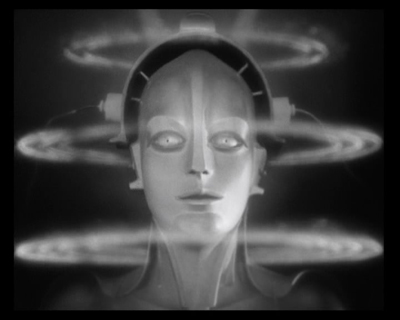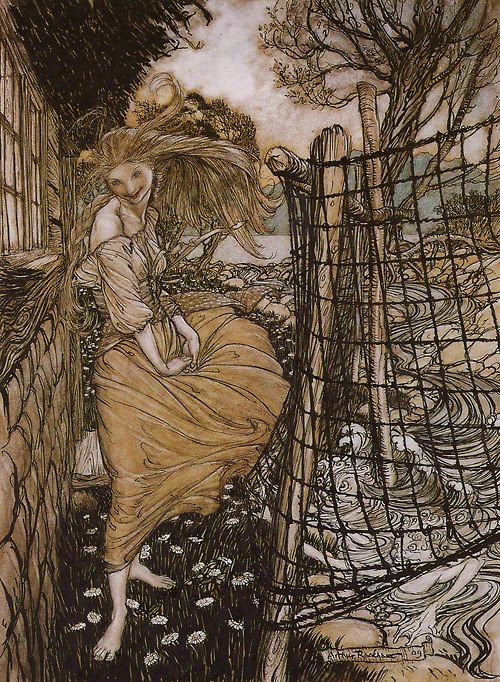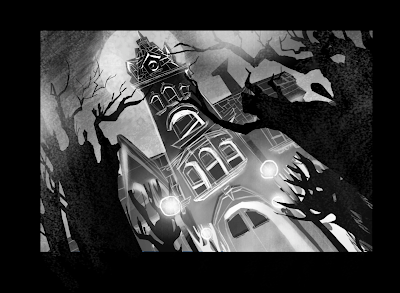Extollager
Well-Known Member
- Joined
- Aug 21, 2010
- Messages
- 9,271

Herewith, Chronsfolk are invited to discuss the life, tales and influence of "German Romantic author of fantasy and horror," as Wikipedia puts it, Ernst Theodor Wilhelm Hoffmann (24 January 1776 – 25 June 1822).
My understanding is that he was an influence, directly or indirectly, on many of the major writers in those genres (Poe, Gogol, Dickens, Dostoevsky, George MacDonald....)* -- and that his works in their own right offer much enjoyment. I believe that one of his stories is an outstanding early example of the android theme.

(I was interested to see that Russian film director Andrei Tarkovsky had a Hoffmann film projected but died before it could be made.)
There seem to be several English translations of his best tales available. These include the story that inspired the Nutcracker ballet. One can also get his weird novel The Life and Opinions of the Tomcat Murr... perhaps something Fritz Leiber would have relished. According to Wikipedia, --Critic Alex Ross writes of the novel, "If the phantasmagoric 'Kater Murr' were published tomorrow as the work of a young Brooklyn hipster, it might be hailed as a tour de force of postmodern fiction."--
Perhaps he would be a good author for Northern hemisphere folk to get into during our winter -- I say this without prejudice against Antipodean friends!
Who's interested?
*I suspect that Robert Aickman was a recent author with whom ETAH had important affinities. Perhaps Mervyn Peake, too?





